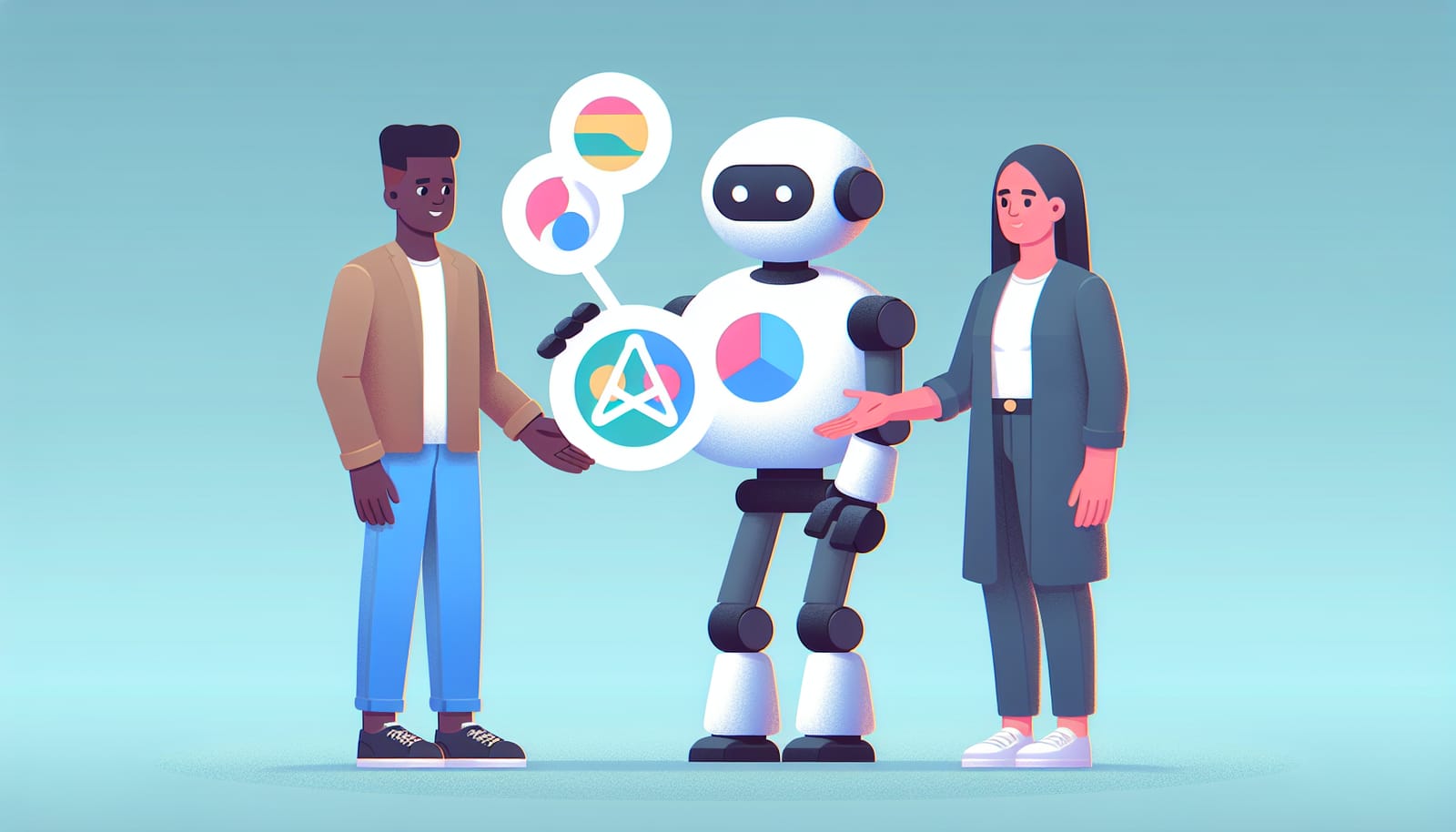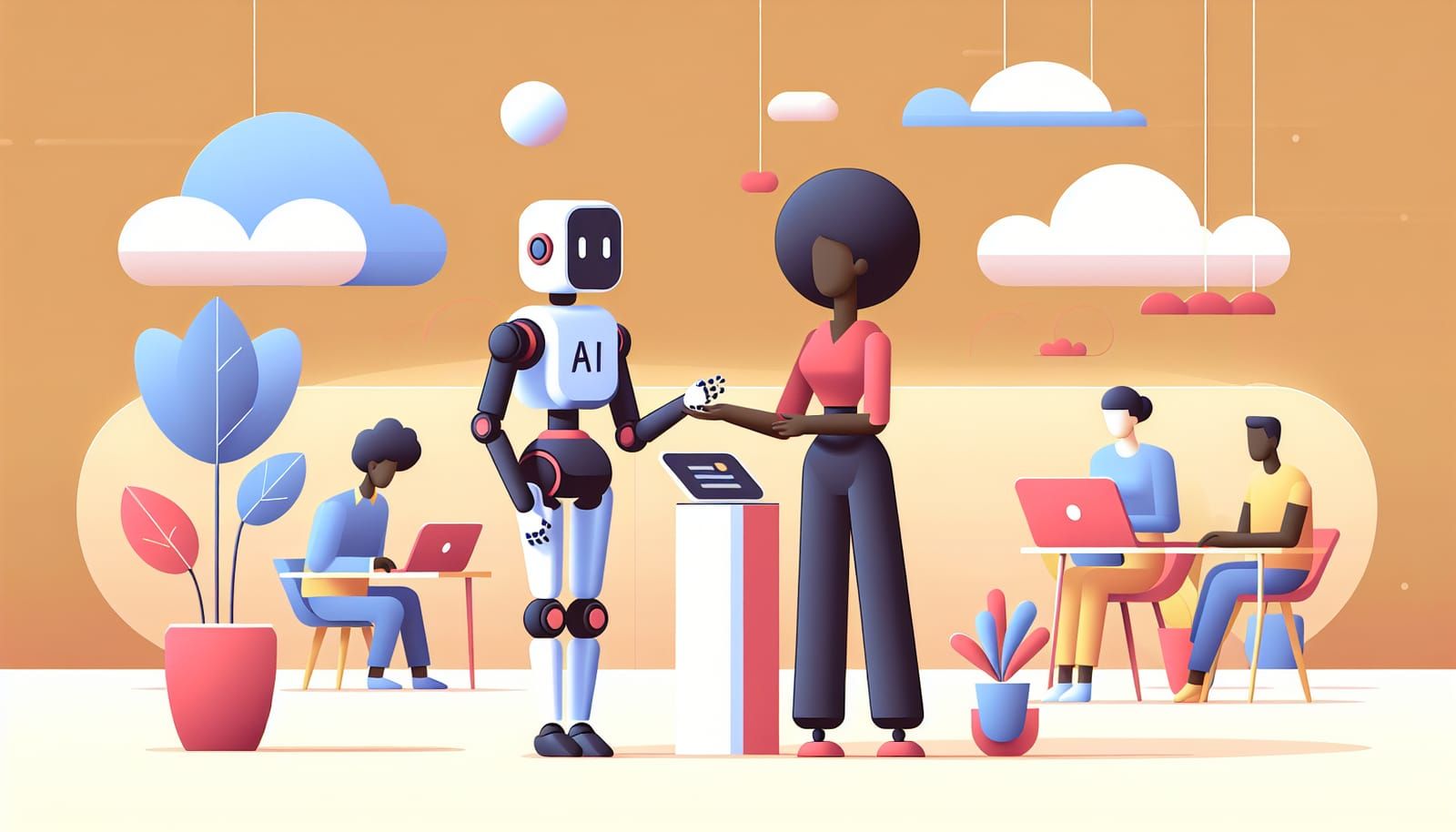Artificial Intelligence (AI) is no longer just a concept from science fiction. It’s a part of our everyday lives, shaping how we work, learn, and even entertain ourselves. But as we embrace this technology, it's essential to consider the world we're creating for AI. What does it mean to build a future where AI plays a significant role? Let’s explore this exciting and evolving landscape together!
Understanding AI: The Basics
Before diving into the implications of AI on our future, let’s clarify what AI actually is. Simply put, AI is a technology that enables machines to perform tasks that typically require human intelligence. This includes things like understanding language, recognizing images, making decisions, and even learning from experience.
AI is already present in various forms, from voice assistants like Siri and Alexa to recommendation systems on Netflix and YouTube. As we continue to develop AI, it’s crucial to consider how we can create a positive environment for it to thrive.
Designing Ethical AI
As we build AI systems, ethical considerations must guide our decisions. How do we ensure that AI is fair, transparent, and respects people's privacy? One of the significant challenges facing AI developers is avoiding bias in algorithms. If AI systems learn from data that has inherent biases, they can perpetuate or even amplify these biases.
For instance, if an AI is trained on data that reflects historical inequalities, it might make decisions that unfairly disadvantage certain groups of people. Therefore, it is essential to create AI with diverse datasets and to involve people from various backgrounds in the design process. By fostering inclusivity, we can work towards a future where AI serves everyone equally.
The Role of Humans in an AI World
In a world increasingly influenced by AI, the role of humans will evolve. While AI can automate many tasks, it cannot replace human creativity, empathy, and critical thinking. Instead of fearing job loss, we should focus on how AI can be a tool that enhances our abilities.
For example, in fields like medicine, AI can analyze vast amounts of data to help doctors make better decisions. By combining AI’s analytical capabilities with human intuition and care, we can improve patient outcomes and save lives. It’s about collaboration, not competition.
AI in Education: A New Frontier
Education is one of the areas where AI can make a significant impact. Imagine a classroom where every student has a personalized learning plan tailored to their needs. AI can analyze each student’s strengths and weaknesses, helping teachers provide targeted support and resources.
AI can also facilitate access to education for everyone, regardless of geographical location. With online courses and AI tutors, students from remote areas can learn from top educators around the world. This democratization of knowledge can help bridge gaps and create a more informed society.
The Future of Work: Collaborating with AI
As AI continues to advance, the workplace will transform in exciting ways. Rather than replacing human workers, AI can handle repetitive tasks, allowing people to focus on more complex and fulfilling aspects of their jobs.
For example, in manufacturing, robots can perform assembly line tasks while human workers oversee quality control and innovation. This collaboration can lead to increased productivity and job satisfaction, as people can engage in work that requires human insight and creativity.
However, it’s essential to prepare the workforce for this change. Education and training programs should focus on equipping individuals with the skills needed to work alongside AI systems effectively.
A Sustainable Future: AI and the Environment
AI also holds promise for addressing some of the world’s most pressing environmental challenges. From predicting natural disasters to optimizing energy consumption, AI can help us create a more sustainable future.
For instance, smart grids powered by AI can manage energy distribution more efficiently, reducing waste and lowering greenhouse gas emissions. AI can also analyze climate data to help scientists understand and mitigate the effects of climate change. By leveraging AI in environmental efforts, we can work towards a healthier planet for future generations.
The Importance of Regulation
As we navigate this AI-driven future, regulation will play a crucial role. Governments, organizations, and technologists must collaborate to create frameworks that ensure AI is used responsibly. This includes protecting user data, preventing misuse of AI technologies, and establishing guidelines for ethical AI development.
By fostering an environment of accountability and transparency, we can build trust in AI systems. This trust is vital for widespread adoption and for harnessing the full potential of AI to benefit society.
Conclusion: A Bright Future with AI
The world we are building for AI is filled with possibilities. By prioritizing ethics, collaboration, and sustainability, we can create an environment where AI enhances our lives rather than complicates them.
As we move forward, it is essential to remember that AI is a tool created by humans, for humans. By embracing this technology with a positive and proactive mindset, we can ensure that AI contributes to a brighter, more inclusive future.
Together, let’s explore this fascinating journey and shape a world where AI and humanity thrive side by side!


